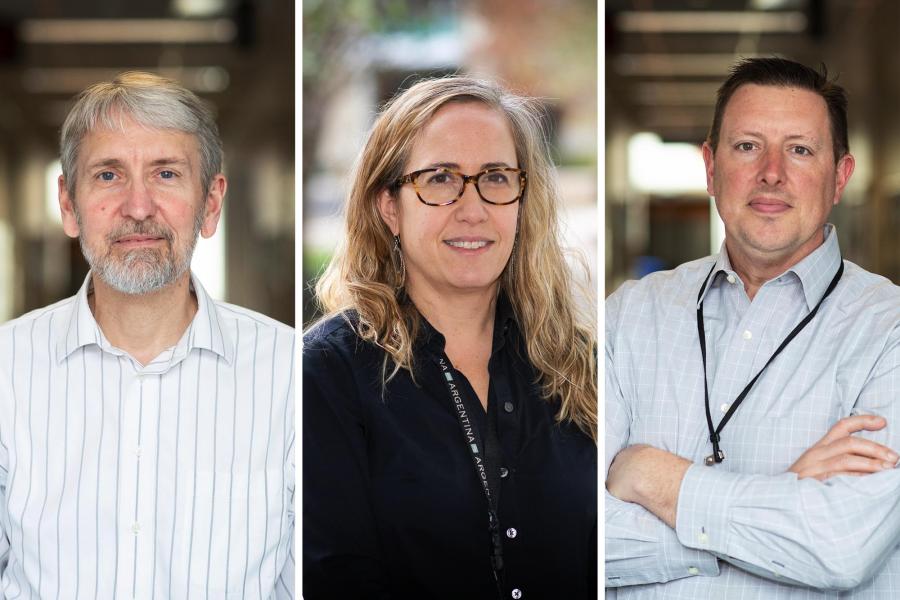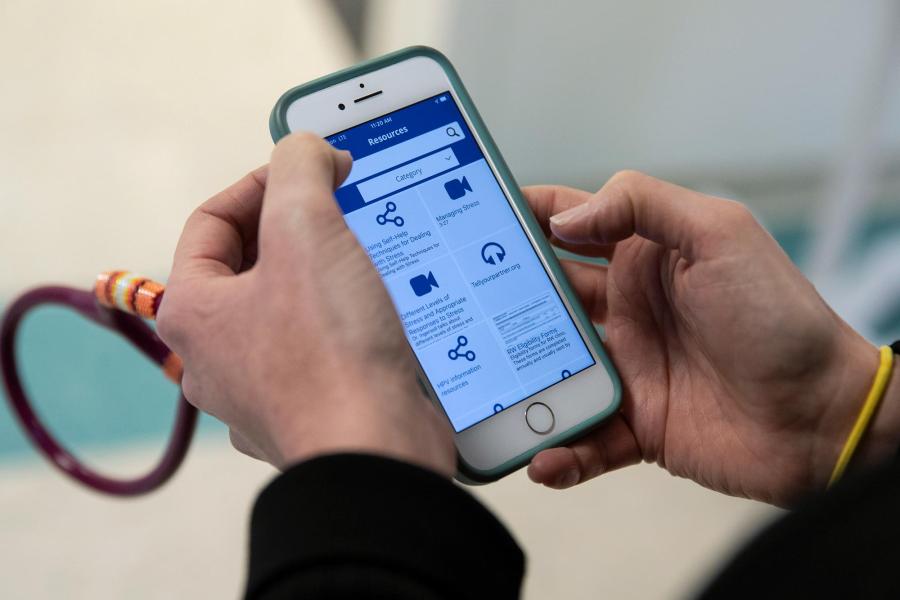Like many children growing up in the 1960s, Richard Chylla was fascinated by the United States space program and dreamed of becoming an astronaut.
Chylla never did, but his love for everything that landing on the moon signified – science, exploration, pushing boundaries – stayed with him throughout high school and college, and even into his professional career.
It is that same passion that brought Chylla to Charlottesville as the University of Virginia Licensing & Ventures Group’s new executive director. (UVA LVG is the intellectual property management and innovation commercialization organization for the University’s research portfolio.)
“I love the variety of technologies and the ability to work with faculty to fulfill their research ambitions,” Chylla said. “We get to work with people from the laboratory bench, to clinical settings, industry and investors. No two days are the same, and I really enjoy that.”
UVA Vice President for Research Melur K. Ramasubramanian (whose office oversees UVA LVG) said Chylla – a Chicago native who previously served in a similar role at Michigan State University – is a great addition.
“[His] deep experience and technical expertise across all facets of research commercialization make him an ideal fit to lead the successful Licensing & Ventures Group and broaden the impact of the UVA innovation ecosystem,” Ramasubramanian said.
UVA Today caught up with Chylla to learn more about his background, as well as his plans for LVG’s future.
Q. During the tough times that the pandemic has brought on, what have been some of the biggest challenges from a commercialization and licensing perspective? And on the flip side, have there been any silver linings?
A. The pandemic certainly has created economic uncertainty, in some markets more than others. When you have uncertainty, industry and investors can be more cautious about making investments in technologies that are years away from generating revenue. Some places saw disruptions in their ability to do research. Both of these created pipeline challenges for university tech transfer offices.
On the flip side, most offices are nearly completely electronic and the ability for tech transfer offices to work productively in a remote setting has allowed most of us to continue doing our jobs with only minor inconvenience or limitations. We’ve definitely been fortunate.





